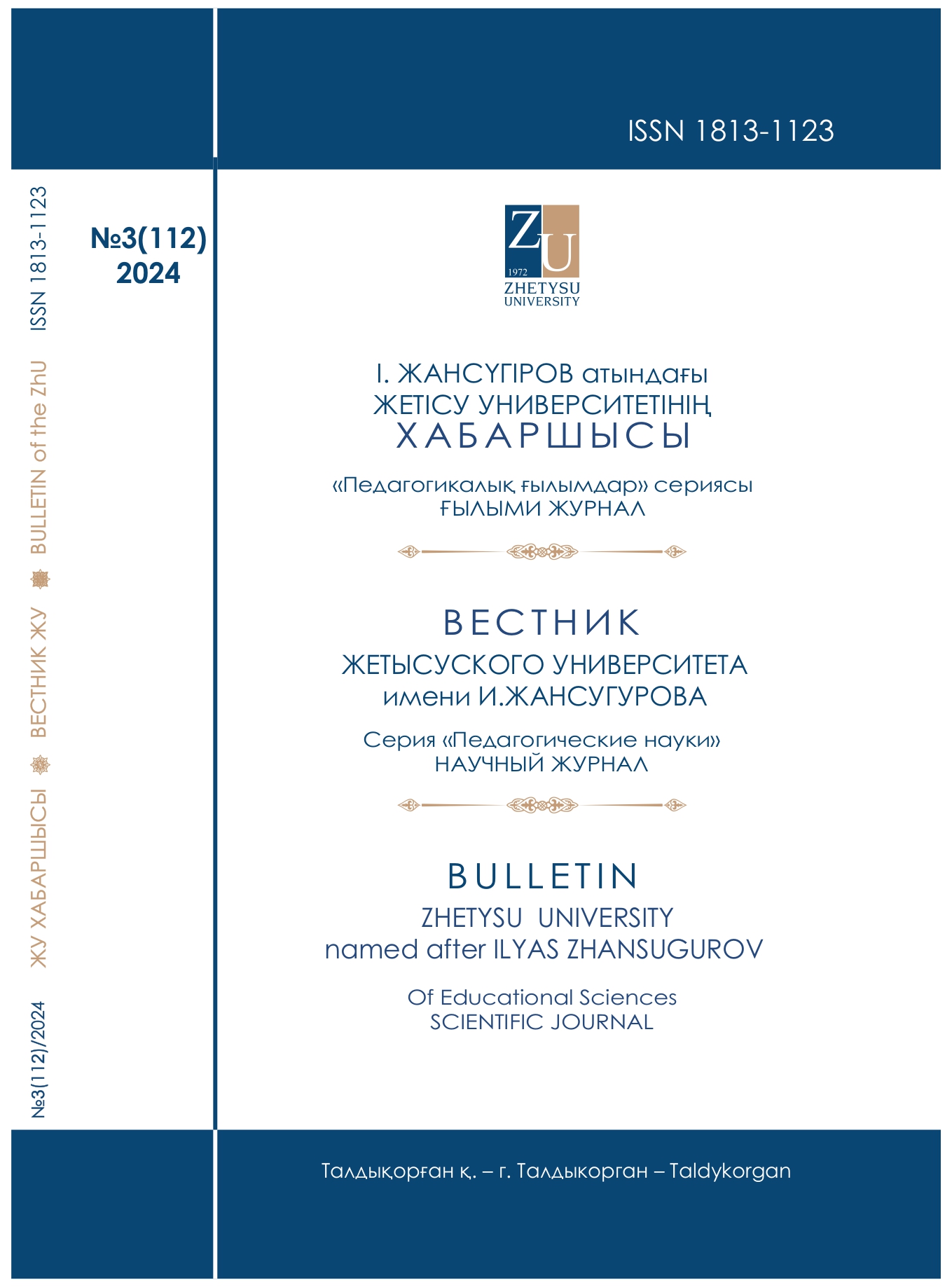FEATURES OF DEVELOPMENT OF MODERN DIDACTIC MATERIALS FOR STUDENTS-PHILOLOGISTS
DOI:
https://doi.org/10.53355/ZHU.2024.112.3.020Keywords:
information technology, educational and methodological complex, textbook, educational module, multimedia capabilitiesAbstract
The article is devoted to the problems of creating educational content (electronic textbooks,
educational and methodological support, visual and illustrative material) used within the framework of
the updated higher school education system in the process of teaching philology students. The relevance
of the research is determined by the need to analyze the factors influencing the process of developing
and using electronic didactic tools, the quality of educational material and learning outcomes. The
purpose of this study is to characterize the key properties of high-quality educational materials created
in electronic format, as well as to determine the necessary stages in the process of developing modern
didactic materials for teaching philology students. As a result of the research, the authors considered a
model of educational and methodological support for the discipline, proposed a modular approach to
the structure of an electronic didactic resource, and took into account the requirements for educational
and methodological support used in traditional and distance learning formats. The practical problems
of using educational and methodological support of disciplines within the framework of a
multidisciplinary approach to teaching philological disciplines to students are revealed. The authors pay
special attention to the multidisciplinary nature of the educational process, during which the educational
and methodological support of disciplines is actually used as a set of normative resources and
methodological tools aimed at studying the course. The article provides recommendations that make it
possible to adjust the process of developing educational and methodological support, carefully select
educational content to create educational tasks based on it, and make the learning process of philology
students more interesting and effective.

 ҚАЗ
ҚАЗ РУС
РУС ENG
ENG
